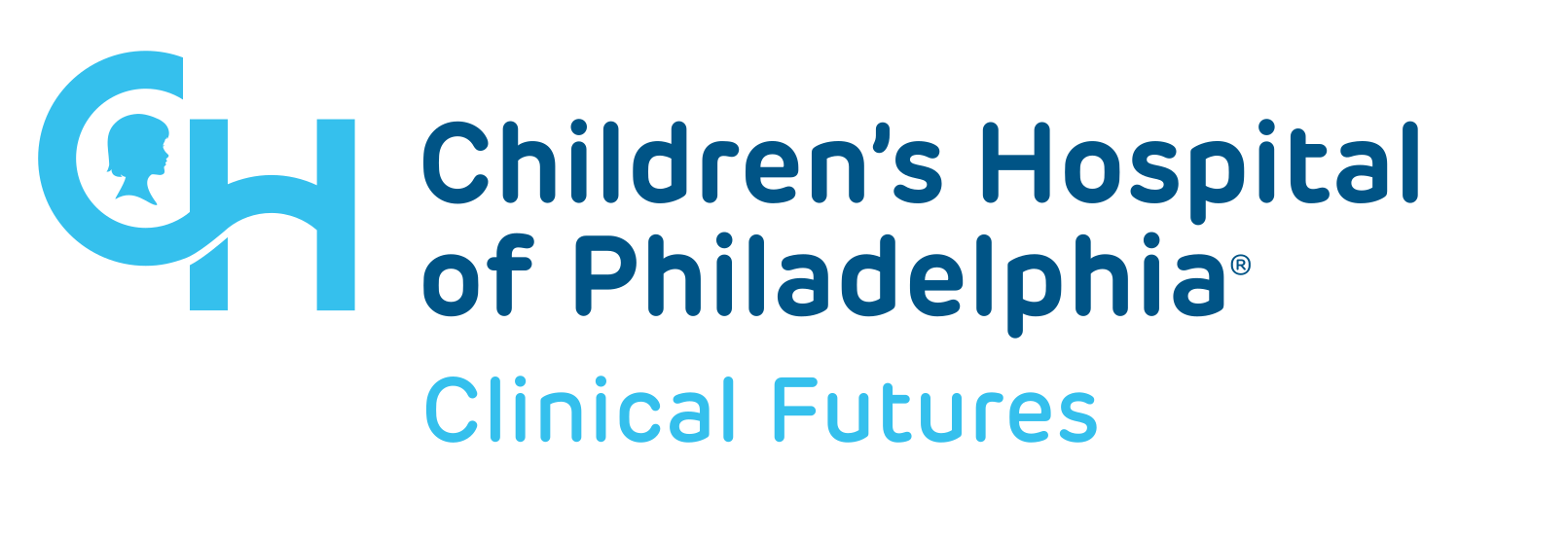The mission of Clinical Futures is to facilitate best-in-class pediatric clinical effectiveness research, requires inclusion and diversity. We are proud to support initiatives that seek to expand study populations beyond primarily English-speaking participants and to support the career development of multilingual researchers.
The Short Course on MARS (Multilingual Approaches to Research Studies) combines lectures and hands-on training to promote research design and research inclusion for participants who speak languages other than English. Our goal is to convene multidisciplinary researchers and invested research trainees for shared learning, problem solving, and community building.
The course also supports career development for multilingual investigators by providing training to leverage language skills for multilingual research and grant-seeking.
Presented by Language Services & Clinical Futures at the Children’s Hospital of Philadelphia & Penn State University Applied Linguistics
Funded by NICHD (R25HD101359)
For updates on MARS offerings, subscribe here: https://redcap.link/learn_more.
Join us for the 2026 MARS Short Course- June 1-3, 2026; the Roberts Center for Pediatric Research in Philadelphia. Apply here.
Addressing a paucity of training in specialized multilingual research methods for the biomedical, behavioral, and clinical research workforce, we offer a unique, in-person educational program to provide researchers with the sensitivity, skills, and knowledge to recruit and engage Emerging English Proficiency (EEP) children and families in research.
Children and youth from EEP families are disproportionately excluded from research because of language barriers. The MARS Short Course will strengthen the research workforce by equipping investigators—including those who are themselves bilingual/bicultural—with skills and knowledge to design and manage inclusive protocols that extend health research to these important groups.
After three interactive, in-person sessions using lectures, case studies, and small group work, participants will be able to:
- Articulate the ethical, practical, and scientific justification for inclusion of English language learners in research, including in funding applications.
- Demonstrate fundamental verbal and non-verbal skills for clear, concise interpreter-mediated communication.
- Evaluate and apply different translation protocols.
- Identify and prepare for language-related human and financial requirements across all phases of a research project, from design to publication.
This course is tailored to graduate, postdoctoral, early career, and senior investigators whose work is inclusive of children, adolescents, and/or maternal-child health. It will also support career development for multilingual investigators from underrepresented backgrounds by providing training to leverage language skills for multilingual research and grant-seeking. The course targets disciplines including but not limited to public health, nursing, psychiatry, psychology, pediatrics, and the social sciences. Bilingual/bicultural applicants are strongly encouraged to apply. However, proficiency in languages other than English is not a course requirement.
Registration
Learn more and apply via REDCap here. Applications are considered on a rolling basis.
A limited number of scholarships will be awarded on a rolling basis to offset financial hardship associated with course fees, travel, childcare, or assistive/adaptive technology.
Course Topics
- Best practices and advanced skills for working with interpreters for research
- Written translation protocols for all types of study documents
- Management of a multilingual study
Course Leadership
- Priscilla Ortiz, PhD, CMI-Spanish (Children’s Hospital of Philadelphia) is a certified healthcare interpreter, language access administrator, interpreting studies researcher, and interpreter educator with research training in applied linguistics.
- Robert Schrauf, PhD (Penn State University) is a linguist and anthropologist who conducts cross-cultural research and teaches courses in multilingual data collection to doctoral students in the social sciences, education, and applied linguistics.
- Katherine Yun, MD MHS (Children’s Hospital of Philadelphia) is a health disparities researcher and pediatrician with expertise in multilingual community-based participatory research.
- Nadège U. Mudenge (Children’s Hospital of Philadelphia) is a clinical research coordinator whose expertise includes outreach and engagement with refugee communities.
Advisory Committee
H. Shonna Yin, MD MSc
Ana P. Martínez-Donate, PhD
K. Casey Lion, MD MPH
Arash Javanbakht, MD
Manny Jimenez, MD, MS, FAAP
James Guevara, MD, MPH
Elena Fuentes-Afflick, MD, MPH
Scholarships will be offered to offset financial hardship associated with course fees, travel, childcare, and/or assistive technology.
MARS is led by Priscilla Ortiz, PhD, CMI-Spanish, Robert Schrauf, PhD, and Katherine Yun, MD, MHS. Course leadership share more about what attendees can expect to learn in this video, and course alumni share about their experience in this blog post.
This short course is presented by Language Services, Clinical Futures and PolicyLab at CHOP and Penn State University Applied Linguistics. MARS is funded by NICHD (R25HD101359).
For updates on MARS offerings, subscribe here. Or, contact ShortCourseonMARS@chop.edu.
LANGUAGE ACCESS IN RESEARCH WORKING GROUP
The Language Access in Research Working Group is an ongoing effort by faculty and staff across CHOP’s Research Institute, empowering researchers to make their studies EEP participant inclusive. The group met from Summer 2021 to Spring 2022 to identify challenges enrolling and maintaining EEP study participants, while evaluating and collating existing resources into a more user-friendly format.
View our Language Access in Research Resources Guide for CHOP faculty and staff on the Language Services Intranet landing page.



